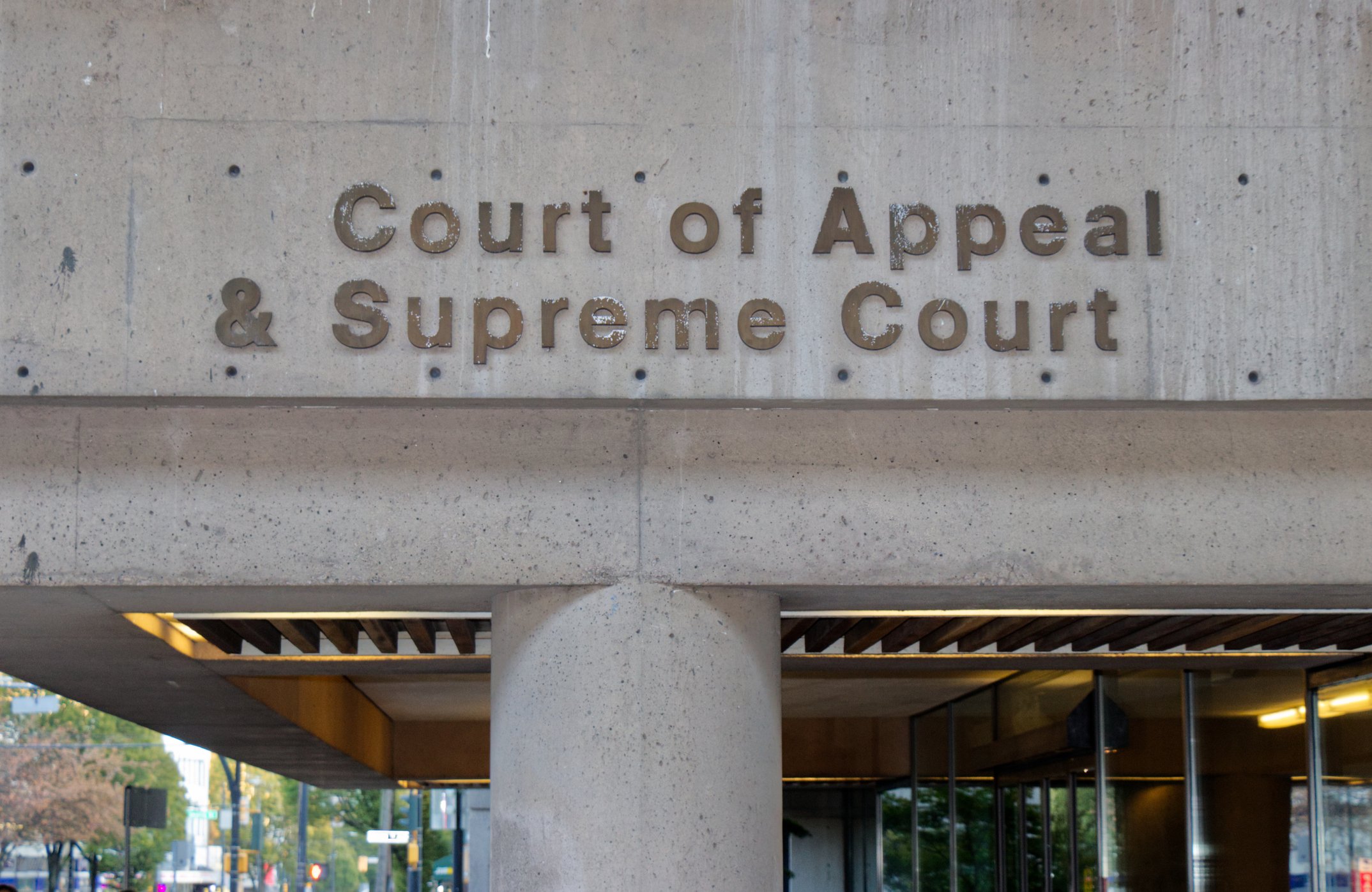
While 'unfair,' the strata plan prevented the doctrine of proprietary estoppel from applying

The Court of Appeal for British Columbia has allowed the appeal of a strata lot owner, ruling that no equitable easement was created by representations made by the lot’s former owner that could be enforced against its new owner.
In Stratton v. Richter, the parties owned units in a three-lot strata development. On the second floor of the building, doors from strata lots 1 and 3 opened to an outside deck, with a stairway descending from the deck to the backyard.
While the strata plan designated the deck as limited common property for the exclusive use of strata lot 1, strata lot 3 owners had historically used the deck to access the stairway without complaint.
Judy Zaichkowsky previously owned strata lot 1. She had told Kirsten Richter, the current owner of strata lot 3, that the strata lot 3 owner had a right to cross the deck to get to the stairway and that Zaichkowsky would always grant Richter that right.
When Neal Stratton and Yuriria Perez bought strata lot 1, however, they assumed that the strata lot 3 owner had no right to cross the deck to reach the stairway.
Richter applied for an order granting her an easement over the deck. Stratton and Perez applied for an injunction prohibiting her from entering it. The proceedings were heard together in the BC Supreme Court, and the judge declared that Richter was entitled to an easement over the deck based on the doctrine of proprietary estoppel.
The court of appeal disagreed.
Examining the previous strata lot 1 owner Zaichkowsky’s promise to Richter to allow her passage to the deck, which the chambers judge had relied upon in his decision, the court of appeal said Zaichkowsky had given Richter a licence rather than an interest in land.
Further, while the strata lot 1 owner had substantial control over the deck as limited common property designated for that unit, the owner did not have full ownership or property rights that would allow them to grant an easement over it.
The court of appeal also said that it could not apply the doctrine of propriety estoppel in this case, as it would conflict with the Strata Property Act. While admitting that the situation seemed unfair, the court noted that the strata plan clearly showed that the deck was limited common property for the exclusive use of strata lot 1, and that this plan controlled unless properly amended.
The court held that title to strata lot 3 did not carry with it the right to cross the deck leading to the stairway. It then pointed out that Richter was still free to ask the strata council to grant her the easement she sought.
As to Stratton’s and Perez’s petition for injunction, the court did not believe it was necessary to issue one, as there was no reason to think Richter would refuse to recognize the court’s decision.